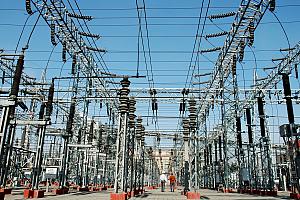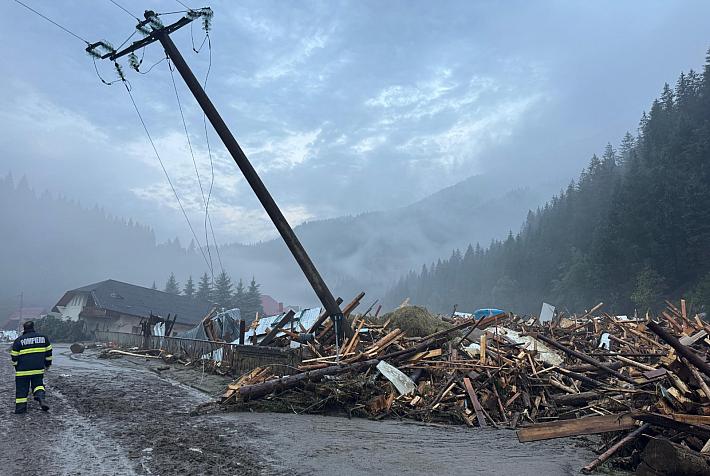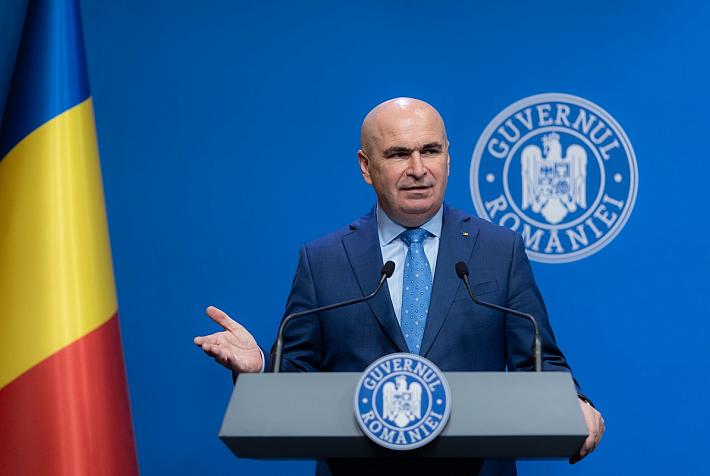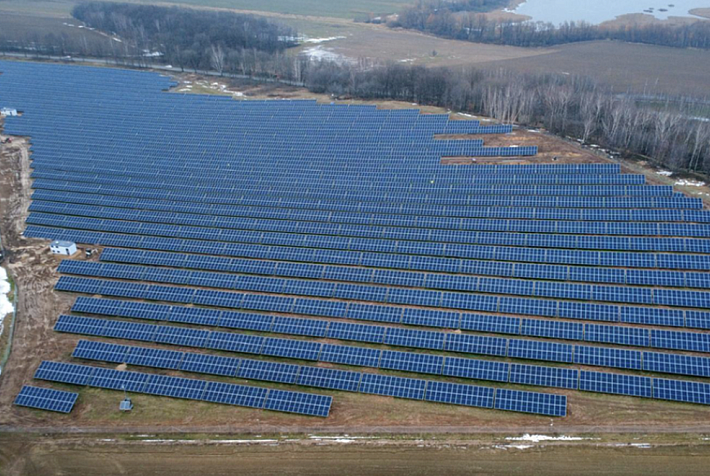Moldova faces power blackout, Romania steps in to help
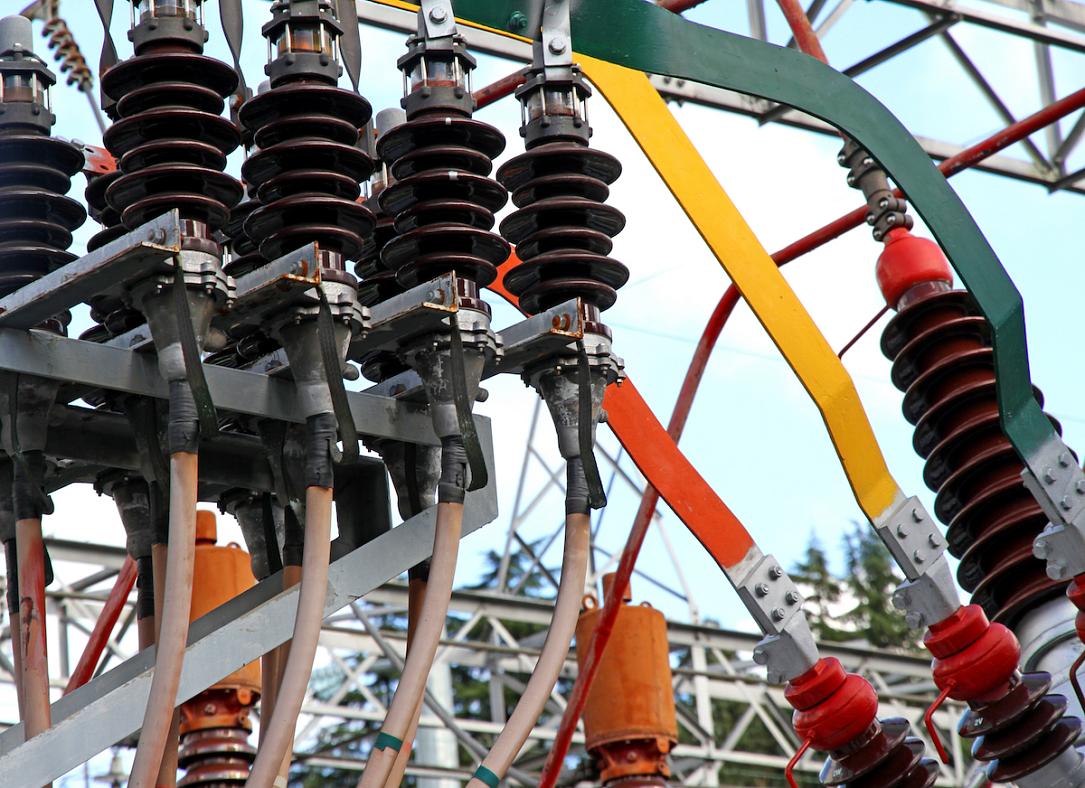
The MoldGRES power plant in Moldova's separatist region of Transnistria halved its production and supply (from 70% to 27% of consumption in Moldova proper) as of October 24, after the separatist authorities declared a state of emergency invoking the 30% fewer gas sent by Gazprom to Moldova starting with October 1.
Authorities claim that the system is under control, but the magnitude of the deficit to be covered from the spot market is so high that avoiding temporary blackouts is challenging. Moldova will sign more import contracts, transfer more gas (of the limited supplies) to MoldGRES and seek ways to cut consumption, deputy PM Andrei Spinu assured.
Transnistria closed down its steel mill (separatists' main source of income) and cement plant in order to share the gas among households, social institutions and the power plant MoldGRES. The power plant reportedly holds coal stocks as well, but the separatist authorities made it clear that they are only for domestic consumption and only when there is no gas at all.
The halving of the power supplies from Cuciurgan in Transnistria deepened Moldova's power deficit during day hours (7-23) to 284MW, or roughly one-third of the country's total needs, according to estimates of state company Energocom - the body in charge with contracting power abroad.
The transfer capacity from Romania is only 235MW, though (even after a recent upgrade). Furthermore, the electricity imported from the spot market (in Romania or a country synchronised with Romania) will be highly expensive. Hidroelectrica already delivers electricity under a bilateral contract at the capped price (EUR 90 per MWh until end-October), reportedly at a rate of 100MW, Economica.net reported. But deputy PM Andrei Spinu announced no other supplier from Romania when commenting on the supplementary 100MW (most likely, supplementary transfer capacity, as opposed to power contracted).
The power plant in Transnistria, controlled by the Russian group Inter RAO, will further reduce its power deliveries as of November 1 unless Gazprom provides more gas to Moldova, separatist leader Vadim Krasnoselsky stated. Previously, he claimed that Gazprom implied a 40% cut in the gas supplies to Moldova as of November 1.
Under the state of alert in the energy system, already in force in Moldova, the two power distribution companies in the country are entitled to disconnect users if asked to comply with certain limited resources and deliveries, Deschide.md reported. If possible, the consumers will be announced in advance - Premier Distribution (one of the two distribution firms) commented.
iulian@romania-insider.com
(Photo source: Dreamstime.com)






